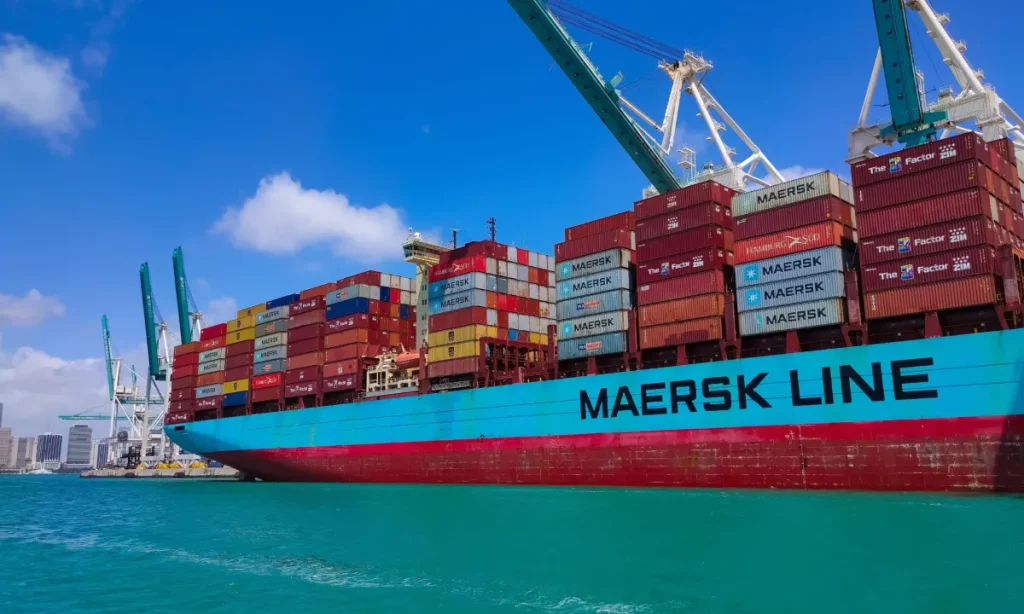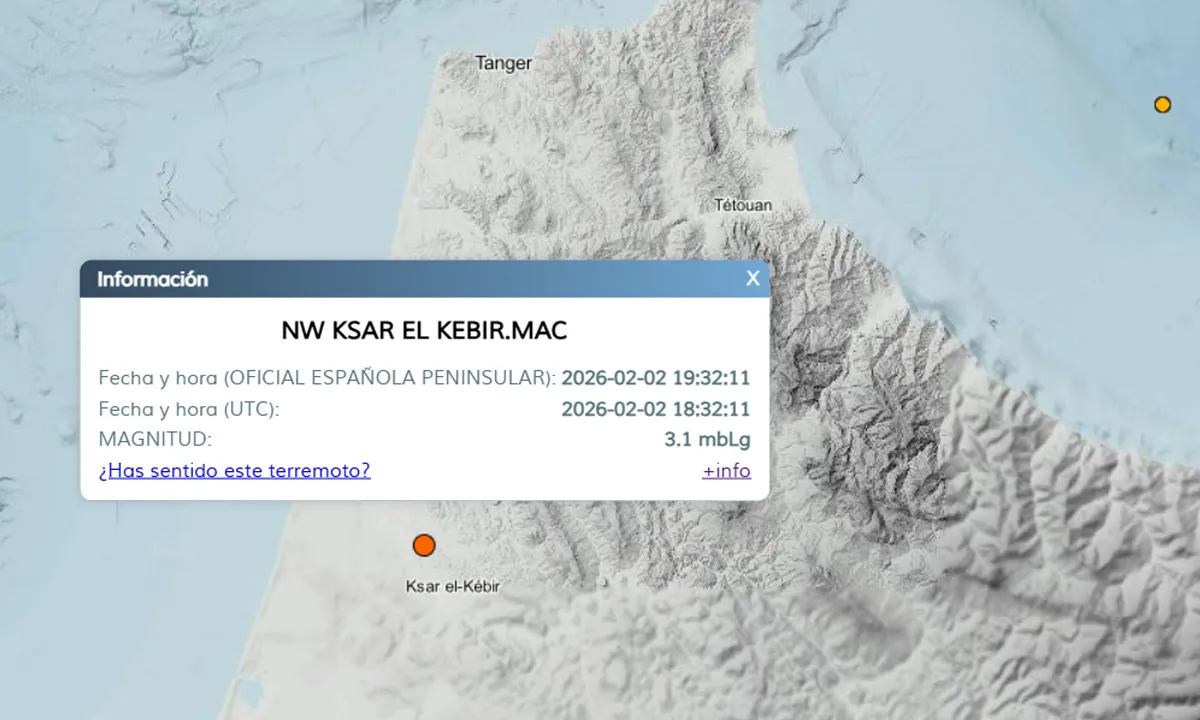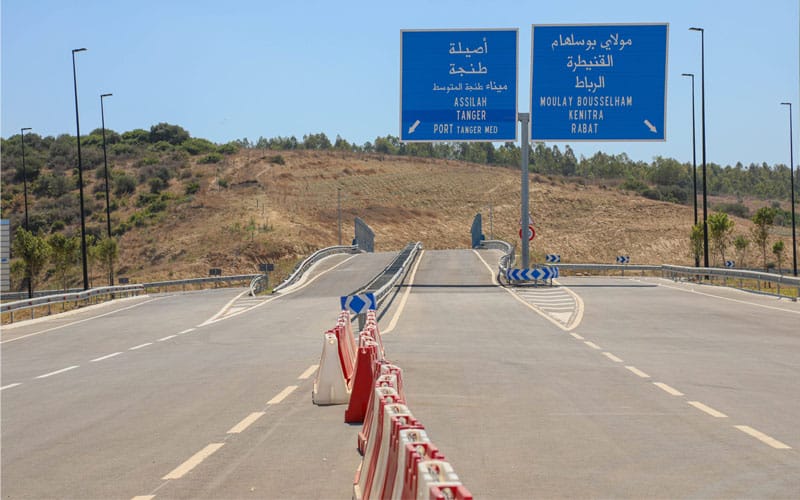Maersk Suspends Ship Operations at Haifa Port Amid Escalating Israel-Iran Tensions
On Friday, June 20, 2025, Maersk, a global leader in container shipping, announced a temporary suspension of ship docking operations at Haifa Port in Israel. This decision comes as military tensions between Israel and Iran escalate, now entering their second week, as reported by Reuters.
The suspension is a result of a thorough assessment of security risks associated with the ongoing conflict. Last week, the city of Haifa, which houses a major port, an oil refinery, and a naval base, was targeted by Iranian missile strikes.
Reasons for Maersk’s Suspension at Haifa Port
Maersk’s decision follows an evaluation of the heightened security risks arising from the conflict that began on June 13, 2025, when Israel conducted extensive airstrikes on Iranian nuclear and military installations. In response, Iran launched missile attacks targeting Israeli sites, including Haifa, resulting in property damage. Maersk clarified that this suspension is temporary and does not affect other operations in the region. However, it reflects increased caution due to the risk posed to Haifa Port, Israel’s largest commercial port.
Impact of Military Escalation on Haifa Port
Haifa Port is a vital hub for Israeli trade, handling a significant portion of the country’s imports and exports, which include consumer goods and raw materials. The Iranian bombardment targeting both military and civilian sites raised concerns about disruptions to maritime operations. Nevertheless, reports indicated that, as of June 15, 2025, Haifa Port, operated by Adani, had not sustained direct damage from the missile strikes, suggesting that Maersk’s decision may be a precautionary measure.
The military escalation between Israel and Iran has been characterized by significant material and human losses, which Israeli Prime Minister Benjamin Netanyahu has described as an “existential threat.” Reports indicate that Israel has destroyed a third of the Iranian missile launch platforms, while Iranian missiles have caused extensive damage in Tel Aviv, Haifa, and Beersheba, including the destruction of residential buildings and infrastructure.
Economic Consequences for Maritime Trade
The suspension of Maersk operations at Haifa Port could disrupt regional and international supply chains. Israel has only three major commercial ports: Haifa, Ashdod, and Eilat, with Haifa being the largest. A halt in operations at this port may force companies to reroute shipments to alternate ports like Ashdod, increasing logistical pressure and transport costs. This shift could affect commodity prices, particularly for food and energy, amid rising global oil prices due to the conflict.
Internationally, neighboring ports like Cyprus and Turkey may benefit from redirected vessels, but this could lead to congestion and shipping delays. Ongoing tensions also threaten global shipping routes, especially with Iran’s threats to close the Strait of Hormuz, a critical passage for oil trade.
Military and Geopolitical Context
The conflict between Israel and Iran began on June 13, 2025, with Israeli strikes on Iranian nuclear and missile facilities in an operation dubbed “Am Klavi.” Israel perceives Iran’s nuclear program as an existential threat, while Iran sees these attacks as a declaration of war. In retaliation, Iran launched “Promise Fulfilled 3,” targeting Israeli sites, including Haifa, with ballistic missiles and drones. The escalation has resulted in significant casualties and damages, with fears of potential nuclear pollution stemming from the attacks on Iranian nuclear facilities.
U.S. President Donald Trump has called for de-escalation and indicated Iran’s willingness to negotiate, while rejecting an Israeli plan to assassinate Iranian leader Ali Khamenei. European and regional nations have also expressed concerns about the prospect of a broader regional war and warned of global economic repercussions, particularly affecting oil markets.
















